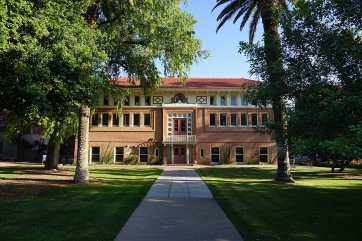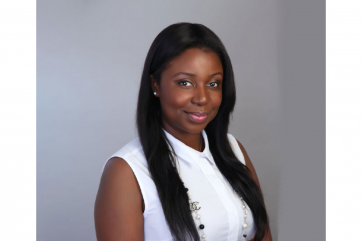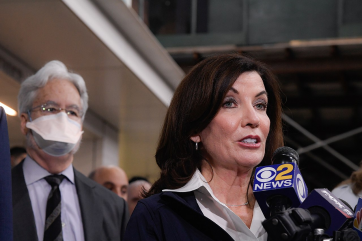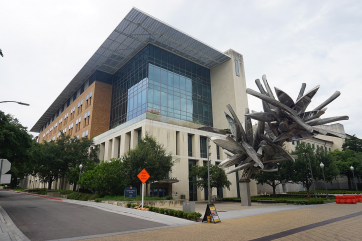University of California System Stirs Up 'Microaggression' Debate, but is it Too Much?
By Russell WesterholmThe idea of identifying and addressing "microaggressions" on college campuses is not new, but the University of California (UC) system is drumming up the debate.
Derald W. Sue and several of his University of Columbia colleagues published "Racial Microaggressions in Everyday Life" in 2007 and the UC system adapted the document some years later for its own use. In Jan., the Huffington Post reported, UC President Janet Napolitano invited the system's deans and department heads to a seminar on the subject.
"Racial microaggressions are brief and commonplace daily verbal, behavioral, or environmental indignities, whether intentional or unintentional, that communicate hostile, derogatory, or negative racial slights and insults toward people of color," Sue and his co-authors wrote. "Perpetrators of microaggressions are often unaware that they engage in such communications when they interact with racial/ethnic minorities."
The UC document also applied this theory to sexuality and gender identification.
Though Napolitano's invitation went out just after the New Year, the document did not get widely distributed until June. Bloomberg News and the Los Angeles Times published editorials criticizing the document for being too politically correct. One UCLA professor published op-eds in the Washington Post and the Times with a similar sentiment.
"Well, I'm happy to say that I'm just going to keep on microaggressing. I like to think that I'm generally polite, so I won't express these views rudely," Eugene Volokh wrote for the Post. "And I try not to inject my own irrelevant opinions into classes I teach, so there are many situations in which I won't bring up these views simply because it's not my job to express my views in those contexts. But the document that I quote isn't about keeping classes on-topic or preventing personal insults - it's about suppressing particular viewpoints. And what's tenure for, if not to resist these attempts to stop the expression of unpopular views?"
Speaking with the Huffington Post, Sue said his paper was not meant to turn professors into "PC police."
"I'm not sure they are advocating for banning speech," he said. "I think it's much more educational. In other words, what are microaggressions? How do they harm individuals of color or marginalized groups? And what can we do to avoid creating misunderstandings?
"When I'm complimented for speaking good English - and this happens to me frequently the person complimenting me, they are not a mean, evil person.
"They mean to compliment me but they don't see what message it sends - that I am a perpetual alien in my own country, I am not a true American. When you try to tell them you feel insulted, they get defensive and they don't understand it. They begin to perceive I am oversensitive. This is the power of microaggressions."








